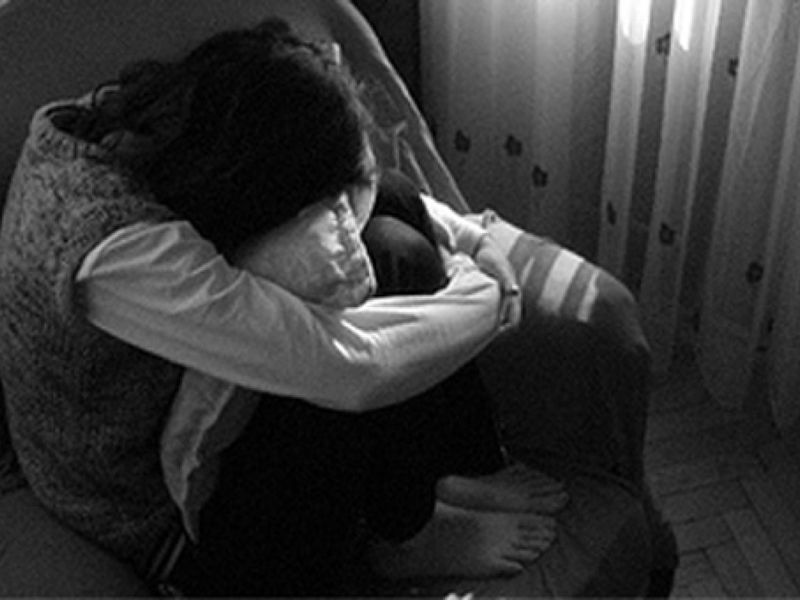Hormonal contraception has been linked to depression in a huge study of more than a million Danish women
Hormonal contraception has been linked to increased rates of depression in a huge study of more than a million Danish women.
Women using hormonal contraception were more likely to take antidepressants for the first time and have a first diagnosis of depression, the study showed, with the highest rates among adolescents.
Compared with non-users, adolescents on combined oral contraceptives were 80% more likely to start antidepressants, increasing to 2.2 times the rate for those on the progestogen-only pill.
The link applied not just to oral contraceptive formulations, but also for the transdermal patch and vaginal ring, the prospective cohort study found.
Specifically, women using the etonogestrel vaginal ring, levonorgestrel intrauterine system and progestogen-only pill were 60%, 40% and 34% more likely to start antidepressants respectively.
The higher risk with patches and vaginal rings was probably due to the dose of progestin, rather than the method of administration, the authors wrote.
It had previously been shown that sex steroid hormones had an influence on the cortical and subcortical regions implicated in emotional and cognitive processing.
Previous research had also found that monoamine oxidase levels, which were linked to lower serotonin concentrations, were increased by external progestins, they said.
Professor Jayashri Kulkarni, psychiatrist and director of the Monash Alfred Psychiatry research centre, said the analysis validated the anecdotal experience reported by many women.
Depression in women using hormonal therapies had not always been taken seriously by clinicians, who had not been armed with the information this study provided.
“The connection between hormone modulation – which is what the pill does – and mental state is still something we haven’t got across”, she said. “It is really important for practitioners to recognise that when women say there’s been a change in the quality of their life, that has to be taken very seriously.”
Currently the centre was creating a ladder of the most and least depressogenic of the contraceptives, which when finalised would assist clinicians to guide treatment, Professor Kulkarni said.
Dr Deborah Bateson, Medical Director at Family Planning NSW, said the absolute risks shown in the analysis were small.
The absolute risk of starting an antidepressant was 1.7 per 100 person years in women who didn’t use hormonal contraception compared with 2.2 per 100 person years in women who did.
This equated to roughly one additional woman in every 200 being prescribed an antidepressant due to their contraceptive.
While the study is very large and takes into account some possible confounding variables including a history of PCOS, without a randomised controlled trial it’s not possible to determine if a link is causal, Dr Bateson cautioned.
“Depression is a challenging condition to study because there are so many different factors that potentially contribute to it, she said.
But there was no indication women should stop using their hormonal contraceptive, she said.
To perform the analysis, the researchers used linked national government data to compare antidepressant use with both the initiation of antidepressants and also a subsequent depression diagnosis.
Women with a previous diagnosis of depression and antidepressant prescription were excluded.


